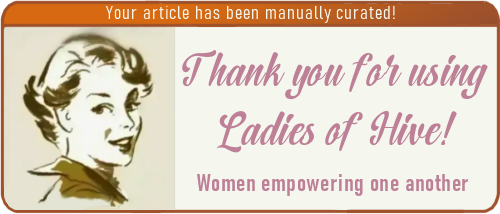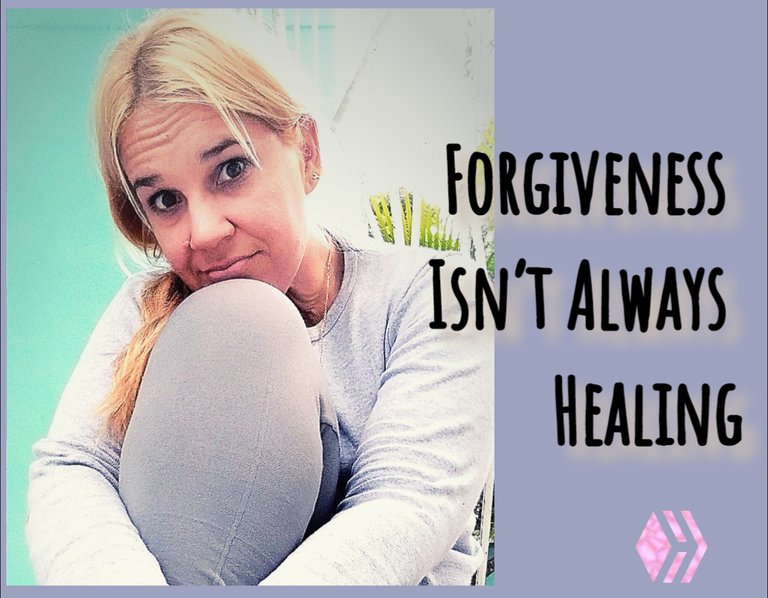
Do we really have to always forgive? My friend @cautiva-30 has had me thinking about this for days. While I read what some say, that we must always forgive to be free or that holding grudges hurts, I admit these are pretty phrases, but… what if forgiving does more harm than good?
Lately, I’ve had a recurring conversation with several friends after the betrayal of someone who claimed to be a friend. It’s been a painful experience, and suddenly, advice pours in, all advocating for forgiveness. The thing is, often they confuse us: they say forgiving is "letting go," but what they really want is for us to accept the unacceptable.
If the other person doesn’t change, we could forgive over and over, and they’ll keep making the same mistakes. If you forgive without real change, you’re only teaching them they can hurt you without consequences.
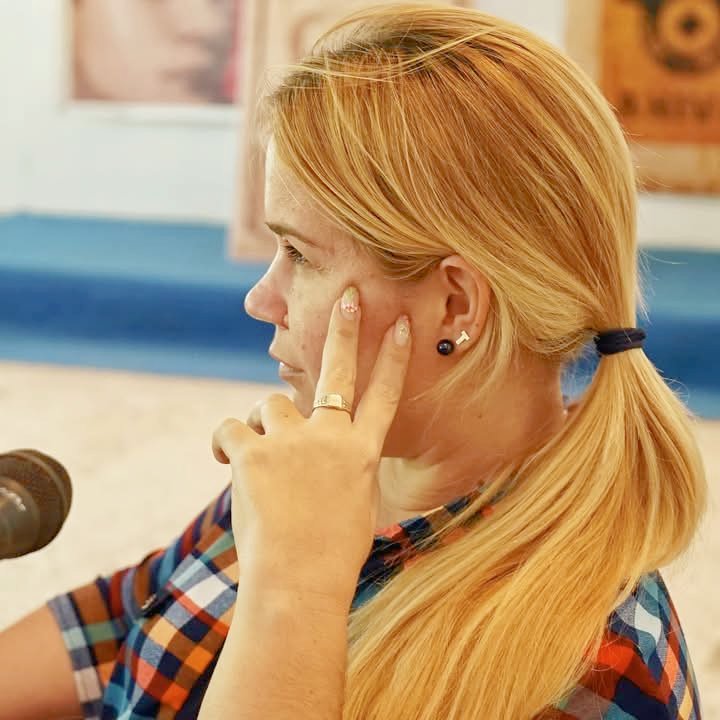
Sometimes, people pressure you into forgiving, manipulating you with ideas like "forgiveness is what good people do" or "holding a grudge is toxic." But true forgiveness comes when you are ready, never when others rush you.
We come first for ourselves, and if forgiving makes you feel worse, then it’s no longer negotiable. Some people feel empty, sad, or even angry at themselves after forgiving. And if that’s how it makes you feel, forgiveness stops being liberation and becomes self-deception.
But of course and let my friends not panic reading this, it’s not that forgiveness is bad, but it’s not the only option. Sometimes, the healthiest thing is to accept what happened (without necessarily approving it), walk away from those who hurt you, and let go of resentment… without forcing forgiveness. You don’t need to forgive someone to move on. You can learn, heal, and grow without giving a "clean slate" to those who don’t deserve it.
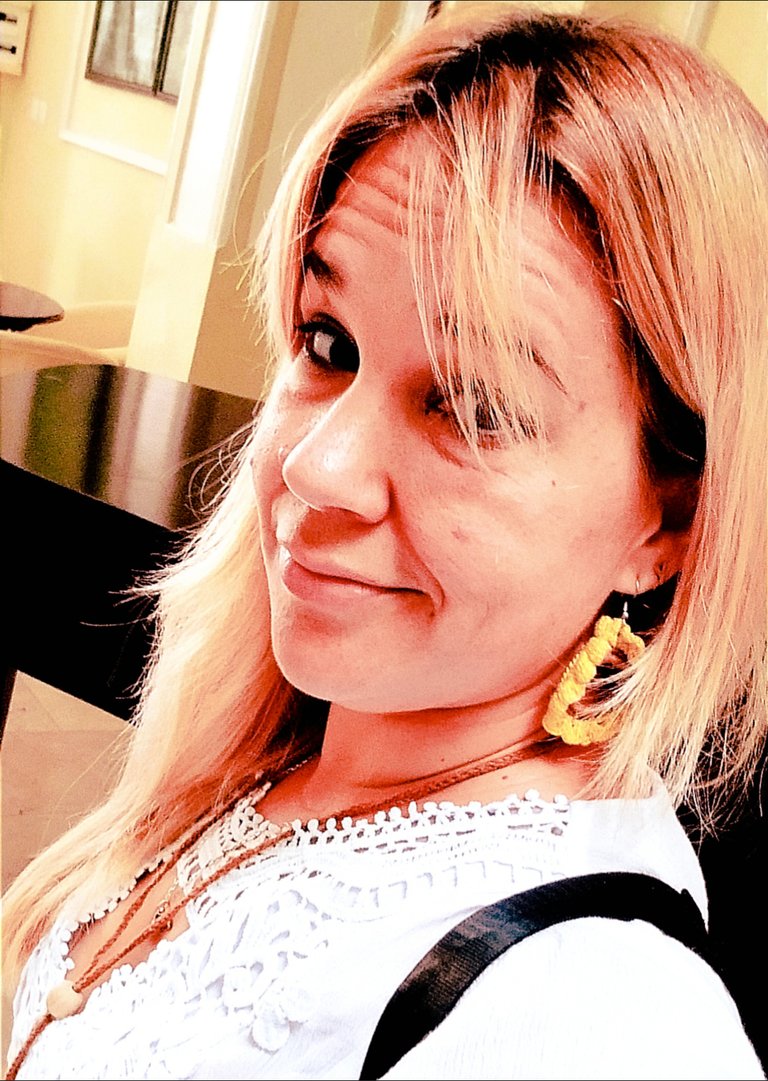
Years ago, after a bad breakup, I thought I’d forgiven… but no, I hadn’t. I’ve reflected a lot and now know that to see if you’ve forgiven someone, just think about what happened: if it no longer hurts, you’ve truly moved on. In my case, I still dwell on it, and that anger mixed with sadness tells me I haven’t. And that’s okay, because forgiveness isn’t a race.
So here’s my advice, which is also my life philosophy on this:
"Forgiveness isn’t magic." It doesn’t heal wounds with an abracadabra. Nor does saying "I forgive you" automatically make you a good person. That "turn the other cheek" idea, in the 21st century, sounds like a soap opera cliché.

Sometimes, the bravest thing isn’t to forgive, but to say:
"What you did was wrong, and I won’t pretend it didn’t hurt."
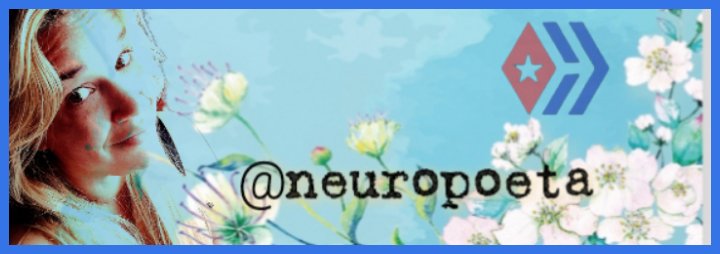
✨ 𝑻𝒉𝒂𝒏𝒌𝒔 𝒇𝒐𝒓 𝒓𝒆𝒂𝒅𝒊𝒏𝒈! ✨
𝑰𝒇 𝒚𝒐𝒖 𝒅𝒐𝒏’𝒕 𝒌𝒏𝒐𝒘 𝒎𝒆 𝒚𝒆𝒕, 𝑰’𝒎 𝒂 𝑪𝒖𝒃𝒂𝒏 𝒏𝒆𝒖𝒓𝒐𝒍𝒐𝒈𝒊𝒔𝒕 𝒂𝒏𝒅 𝒘𝒓𝒊𝒕𝒆𝒓, 𝒂 𝒎𝒐𝒕𝒉𝒆𝒓, 𝒂 𝒘𝒐𝒎𝒂𝒏, 𝒂𝒏𝒅 𝒂 𝒅𝒓𝒆𝒂𝒎𝒆𝒓 𝒘𝒉𝒐’𝒔 𝒇𝒐𝒖𝒏𝒅 𝒊𝒏 𝑯𝒊𝒗𝒆 𝒂 𝒃𝒆𝒂𝒖𝒕𝒊𝒇𝒖𝒍 𝒔𝒑𝒂𝒄𝒆 𝒕𝒐 𝒔𝒐𝒂𝒓.
𝑨𝒍𝒍 𝒕𝒆𝒙𝒕 𝒂𝒏𝒅 𝒊𝒎𝒂𝒈𝒆𝒔 𝒂𝒓𝒆 𝒎𝒚 𝒐𝒓𝒊𝒈𝒊𝒏𝒂𝒍 𝒄𝒓𝒆𝒂𝒕𝒊𝒐𝒏𝒔, 100% 𝒉𝒖𝒎𝒂𝒏-𝒎𝒂𝒅𝒆 (𝒏𝒐 𝑨𝑰).
𝑩𝒂𝒏𝒏𝒆𝒓 𝒅𝒆𝒔𝒊𝒈𝒏𝒆𝒅 𝒃𝒚 𝑳𝒖𝒎𝒊𝒊.
𝑳𝒐𝒗𝒆𝒅 𝒕𝒉𝒊𝒔 𝒑𝒐𝒔𝒕? 𝑼𝒑𝒗𝒐𝒕𝒆, 𝒄𝒐𝒎𝒎𝒆𝒏𝒕, 𝒐𝒓 𝒓𝒆𝒃𝒍𝒐𝒈 𝒕𝒐 𝒔𝒑𝒓𝒆𝒂𝒅 𝒕𝒉𝒆 𝒘𝒊𝒏𝒈𝒔 𝒐𝒇 𝒄𝒓𝒆𝒂𝒕𝒊𝒗𝒊𝒕𝒚! 💛

VERSIÓN EN ESPAÑOL

Perdonar no siempre es sanar
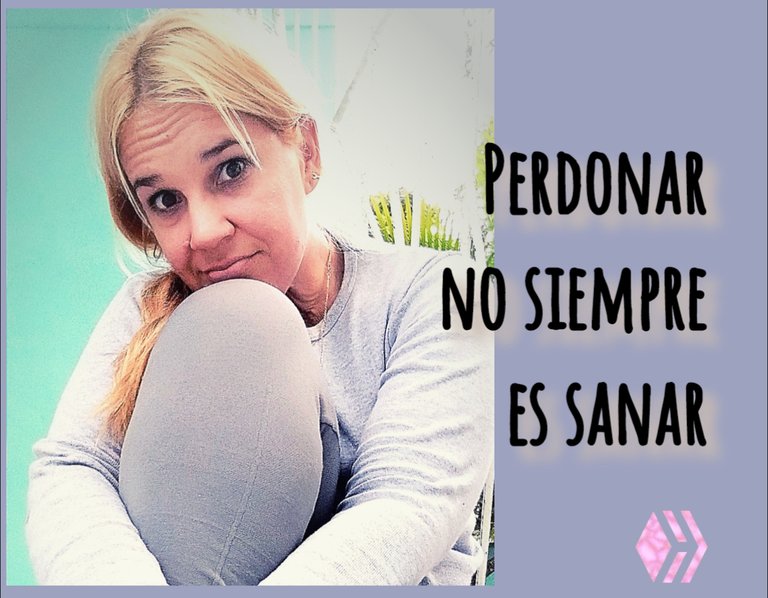
¿En serio debemos perdonar siempre? La amiga @cautiva-30 me tiene hace varios días pensando en ello. Mientras leo lo que algunos dicen, que siempre se debe perdonar para ser libres o que el rencor hace daño, reconozco que son frases bonitas, pero… ¿y si perdonar te hace más mal que bien?
En estos días, he tenido una conversación recurrente con varias amigas a causa de la traición de alguien que juraba ser amigo. Ha sido una experiencia muy dolorosa, y ahí vienen los consejos a montones, todos abogando por el perdón. Sucede que, muchas veces, nos confunden y nos dicen que perdonar es "dejar ir", pero en realidad nos piden que aceptemos lo inaceptable.
Cuando la otra persona no cambia, podríamos perdonar una y otra vez, y esa persona continuará cometiendo los mismos errores. Si perdonas sin que haya un cambio real, solo estás enseñando que pueden lastimarte sin consecuencias.

Hay ocasiones en que te obligan a perdonar, utilizando la manipulación con ideas como "perdonar es de buenas personas" o "guardar rencor hace daño". Pero hay que tener en cuenta que el verdadero perdón nace cuando tú estás listo, jamás cuando los demás te apuran.
Nosotros somos lo primero para nosotros mismos, y si perdonar te hace sentir peor, entonces ya no es una opción negociable. Hay personas que, después de perdonar, se sienten vacías, tristes o incluso enojadas consigo mismas. Y si al hacerlo te sientes así, el perdón deja de ser una liberación para convertirse en autoengaño.
Pero, claro y que no se asusten mis amigas al leer esto, no es que el perdón sea malo, pero no es la única opción. A veces, lo más sano es aceptar lo que pasó (sin necesariamente aprobarlo), alejarte de quien te hace daño y dejar ir el rencor… pero sin forzar el perdón. No tienes que perdonar a alguien para seguir con tu vida. Se puede aprender, sanar y avanzar sin darle un "borrón y cuenta nueva" a quien no lo merece.

Hace algunos años, ante una relación que terminó mal, pensé haber perdonado… pero no, no lo hice. He reflexionado mucho al respecto y ahora sé que, para saber si has perdonado a alguien, solo debes pensar en lo que pasó: si ya no te duele, es que sencillamente lo has superado. En mi caso, aún pienso en todo y me invade esa rabia mezclada con tristeza, lo que me indica que no lo he logrado. Y está bien, porque el perdón tampoco es una carrera.
Y aquí va mi consejo, que también es mi filosofía de vida en este tema:
"El perdón no es magia". Es decir, no cura heridas por arte de abracadabra. Tampoco el hecho de decir "ya perdoné" te convierte automáticamente en buena persona. Eso de "dar la otra mejilla", en pleno siglo XXI, puede sonar a telenovela barata.

A veces, lo más valiente no es perdonar, sino decir:
"Lo que hiciste no está bien, y no voy a fingir que no me duele".

✨ ¡𝑮𝒓𝒂𝒄𝒊𝒂𝒔 𝒑𝒐𝒓 𝒍𝒆𝒆𝒓! ✨
𝑺𝒊 𝒂ú𝒏 𝒏𝒐 𝒎𝒆 𝒄𝒐𝒏𝒐𝒄𝒆𝒔: 𝒔𝒐𝒚 𝒏𝒆𝒖𝒓ó𝒍𝒐𝒈𝒂 𝒚 𝒆𝒔𝒄𝒓𝒊𝒕𝒐𝒓𝒂 𝒄𝒖𝒃𝒂𝒏𝒂, 𝒎𝒂𝒅𝒓𝒆, 𝒎𝒖𝒋𝒆𝒓 𝒚 𝒔𝒐ñ𝒂𝒅𝒐𝒓𝒂 𝒒𝒖𝒆 𝒆𝒏𝒄𝒐𝒏𝒕𝒓ó 𝒆𝒏 𝑯𝒊𝒗𝒆 𝒖𝒏 𝒉𝒆𝒓𝒎𝒐𝒔𝒐 𝒆𝒔𝒑𝒂𝒄𝒊𝒐 𝒑𝒂𝒓𝒂 𝒗𝒐𝒍𝒂𝒓.
𝑬𝒍 𝒕𝒆𝒙𝒕𝒐 𝒚 𝒍𝒂𝒔 𝒊𝒎á𝒈𝒆𝒏𝒆𝒔 𝒔𝒐𝒏 𝒅𝒆 𝒎𝒊 𝒂𝒖𝒕𝒐𝒓í𝒂, 100% 𝒉𝒖𝒎𝒂𝒏𝒐𝒔 (𝒔𝒊𝒏 𝑰𝑨).
𝑩𝒂𝒏𝒏𝒆𝒓 𝒅𝒊𝒔𝒆ñ𝒂𝒅𝒐 𝒑𝒐𝒓 𝑳𝒖𝒎𝒊𝒊.
¿𝑻𝒆 𝒈𝒖𝒔𝒕ó 𝒆𝒔𝒕𝒂 𝒑𝒖𝒃𝒍𝒊𝒄𝒂𝒄𝒊ó𝒏? 𝑽𝒐𝒕𝒂, 𝒄𝒐𝒎𝒆𝒏𝒕𝒂 𝒐 𝒓𝒆𝒃𝒍𝒐𝒈𝒖𝒆𝒂 𝒑𝒂𝒓𝒂 𝒂𝒚𝒖𝒅𝒂𝒓 𝒂 𝒅𝒆𝒔𝒑𝒍𝒆𝒈𝒂𝒓 𝒆𝒔𝒕𝒂𝒔 𝒂𝒍𝒂𝒔. 💛


